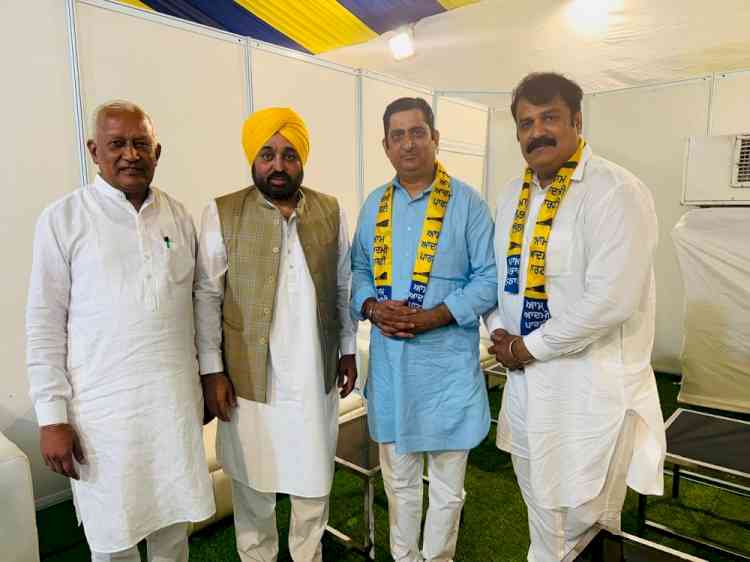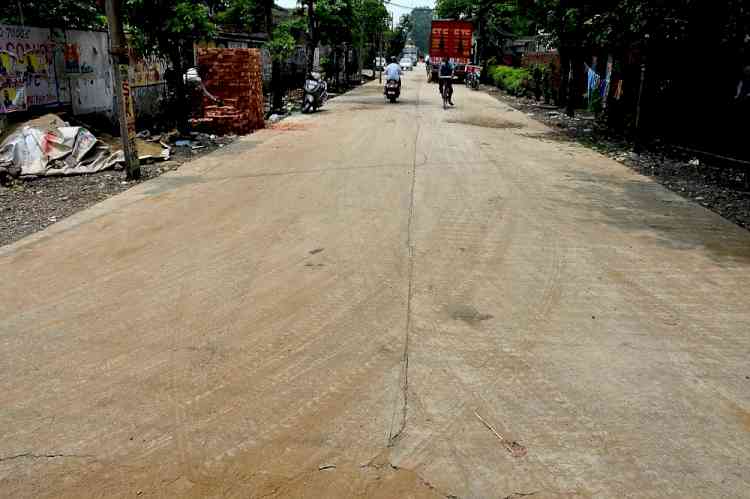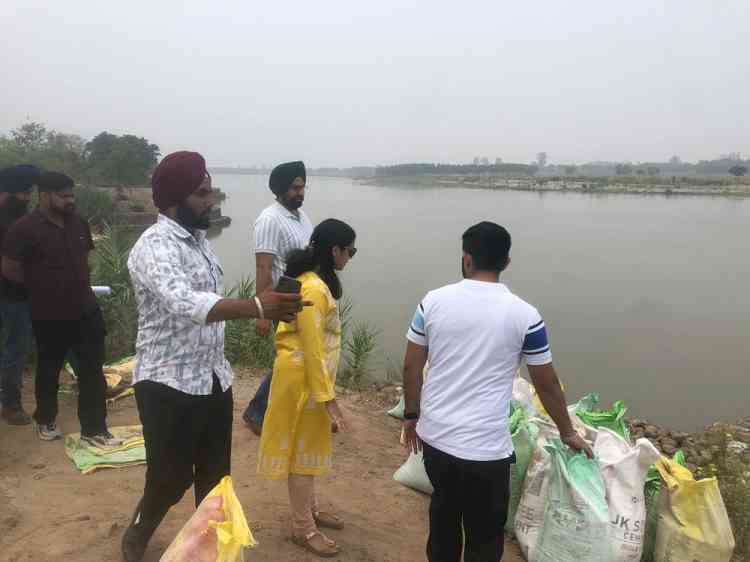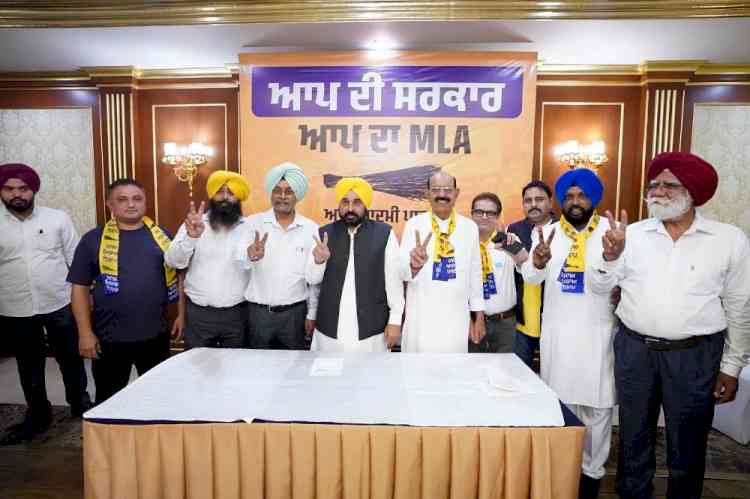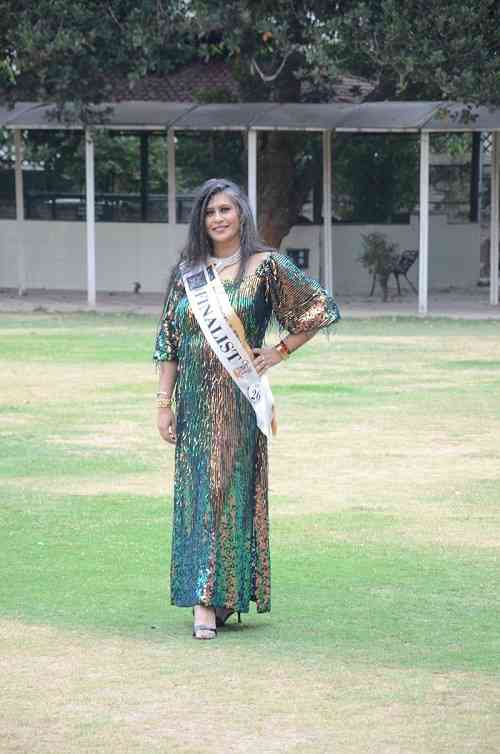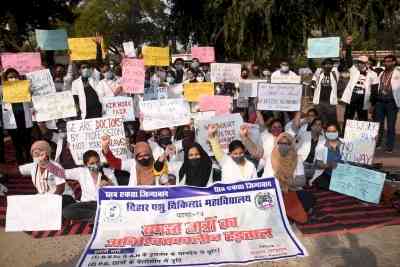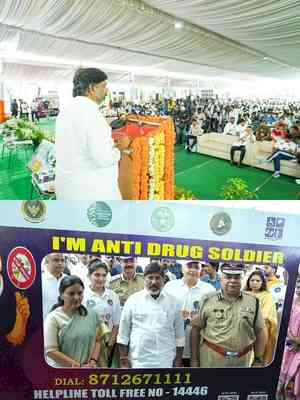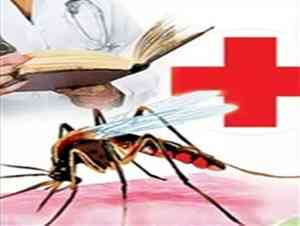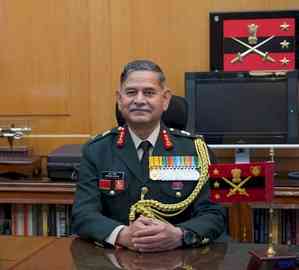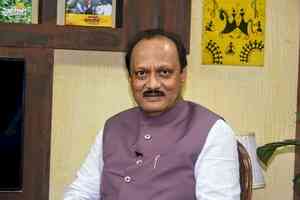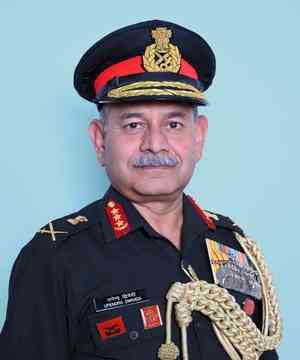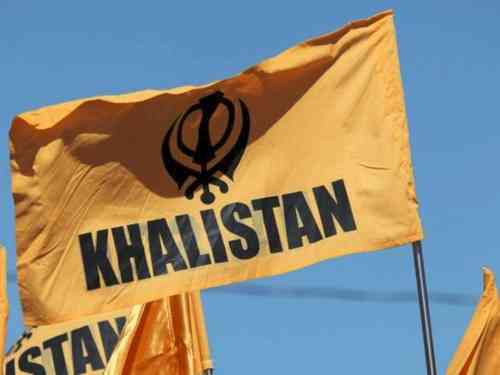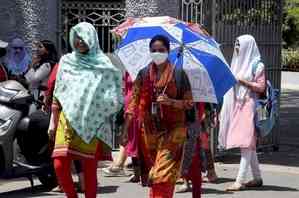Citizens' groups launch 'Agla Varka' initiative to correct current narratives about Punjab
In the year 2018, a bungalow in Amritsar metamorphosed from a private space to a ground for critical thinking, poetry recitation, cultural deliberations, book readings and more.
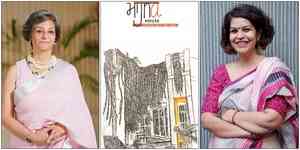
Sukant Deepak
Chandigarh, June 28 (IANS) In the year 2018, a bungalow in Amritsar metamorphosed from a private space to a ground for critical thinking, poetry recitation, cultural deliberations, book readings and more.
The idea was to reiterate the essence of Punjab eclipsed by mainstream narratives that are punctuated by 'Khalistan', negativity over the farmers' agitation and the inability to recognise the finer nuances of those residing in the state, and of course, lift the discourse beyond the never-ending news about narcotics abuse in the state.
That is how in 2018, Majha House, founded by publisher and literary agent Preeti Gill in Amritsar, was born. The inaugural programme saw more than 200 people from Delhi and Punjab participating and watching the cultural fest. The real push for the House, however, came when the Covid pandemic struck and it organised several digital programmes that became very popular not just in India but also across the border in Pakistan.
"We started with a very popular series called 'Sanjha Punjab', which involved conversations between East and West Punjab during Covid, and is still running. It is quite a hit among the Punjabi diaspora settled in different parts of the world," Gill told IANS.
Gill, who has worked in the North-East for several years carrying out research for books or working on projects, believed the region was misunderstood and seemed alien to people in Delhi, and elsewhere in the country.
"Now I increasingly feel that Punjab is the most misunderstood," Gill said. "Films such as 'Udta Punjab' and 'Chamkila' have not projected a comprehensive image of the state that boasts of so much more than drugs, women being chased around, jeeps, and songs with double meanings."
Talking about 'Agla Varka: Reimagining Panjab - New Stories in a New Land', an initiative that Majha House has launched in collaboration with the Kuldip Nayar Trust, a cultural platform to begin meaningful conversations on Punjab that reflect the realities on the ground, Gill said it will travel across India to tell stories about Punjab through curated events and experiences that will feature music, poetry, literature, performances, films and art.
Each annual edition will include at least three programmes spread throughout the year.
Supported by Kunzum Books, the inaugural edition, Agla Varka 2024, will kick off on June 29 at Theatre Kunzum in New Delhi with a conversation on 'Punjab: A Question of Identity'. This will be followed by recitation of poetry and the release of Kirpal Dhillon's book, 'Identity and Survival: Sikh Militancy in India 1978-1993', and conclude with a performance by storyteller and singer Rene Singh.
Other speakers and participants at the inaugural edition will include author and India's former ambassador to the US, Navtej Sarna, writer-journalist Amandeep Sandhu, musician Rabbi Shergill, researcher and author Vinayak Dutt, award-winning filmmaker Bani Singh, poet, journalist and translator Nirupama Dutt, spoken word poet Amy Singh, academic and architect Sarbjot Singh Behl, and poet-singer, visual artist and designer Daras.
It will be back in New Delhi in early November with performances, poetry and more, and will end the year in Amritsar with a two-day festival in December.
Mandira Nayar from The Kuldip Nayar Trust and programme director, Agla Varka, elaborates, "I found that the Punjab I grew up hearing about, the idea of that state I inherited existed only in the stories of my grandfather (the late Kuldip Nayar, the famous journalist and diplomat)."
She continued: "His idea of India was shaped by the Sialkot he grew up in -- the city of Faiz Ahmad Faiz, which was diverse, composite, and where he studied Urdu, spoke Punjabi, had a crescent tattooed on his arm for his best friend Shafqat, and his mother, a Sikh, lit a diya at the Pir’s grave every week. At a time when India is rewriting its history to include the 'aam aadmi and the aam aurat, I feel it is essential to include the aam Punjabi."
Talking about Kuldip Nayar's vision of the unifying bonds between the Punjabs on the two sides of the border, his grand-daughter said, "He always said that we might be separate countries, but there was a peculiar bond between the two Punjabs. He always wanted to bring the two Punjabs together."
Mandira Nayar concluded by noting: Peace is often seen as woolly-headed or impractical, or driven by nostalgia. For my grandfather, it was about economic independence for South Asia. It was about people and not the state."
On Kuldip Nayar's 100th birth anniversary last year, the Trust invited Sonam Kalra for her performance on the Partition.
"We have a lot of plans, but there was always this idea of deliberation around the essence of Punjab -- precisely why we are starting with it," Mandira Nayar said. "The idea is so much about identity and looking at inherited stories."
Stressing that growing up in Bengal, the contemporary image of Punjab she encountered was of loud and pushy people. "But I want to know what happened to that image we inherited from our grandparents," Mandira Nayar asked. "Of immense hospitality, bravery, and appreciation for the arts? Our effort is to reclaim all that."
---IANS
sukant/srb

 IANS
IANS 






